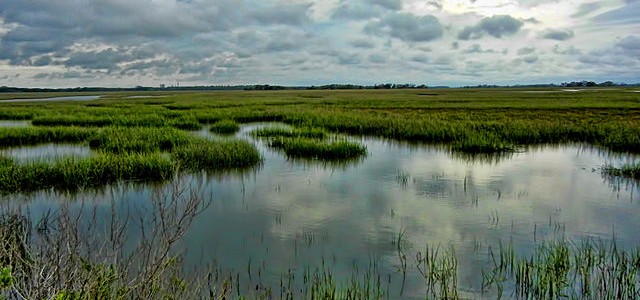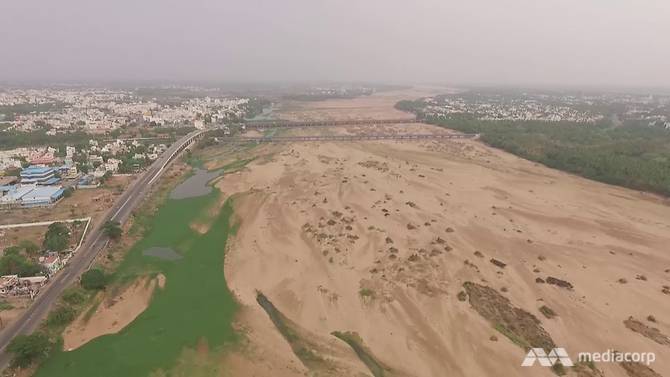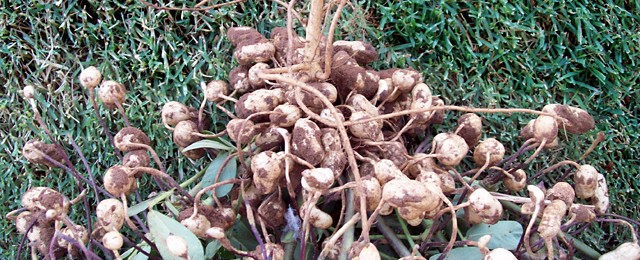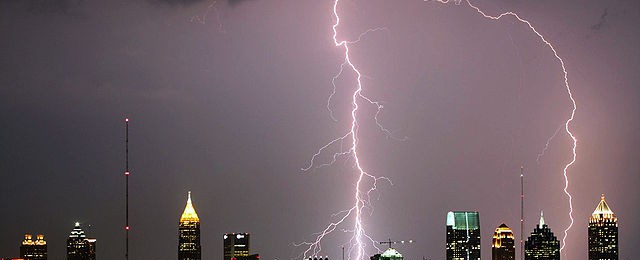June 2018
-

This week the Georgia Climate Project post will look at a question about the impacts of changes in ocean conditions along Georgia’s coast. What will the changes that we are already seeing happen do to our climate and to the coastal ecosystems which help drive commerce in those areas? How will changes in climate further…
-

Did you know that 80% of the water used in India goes for agriculture? But poor irrigation techniques including inefficient methods and bad government policies encourage farmers to misuse water supplies, resulting in severe shortages for the populace. Groundwater levels are rapidly dropping in many areas, which means that cities will not be able to…
Posted in: Climate and Ag in the news -
Back in 2000, an enormous iceberg broke off the Ross Ice Shelf in Antarctica. It was the size of Connecticut and was called B-15. All these years later, the iceberg is still around, although it has been losing pieces ever since it broke off. Now, a big crack along the length of the remaining ice…
-

Eric Prostko of UGA has a great article in the Southeast Farm Press this week on what to do if you are a peanut farmer hammered by all the rain we have had the last few weeks. If that is you, then you know that work is running way behind schedule and you are trying…
-

You might remember learning as a kid that if you see lightning and count the number of seconds until you hear thunder, then for every five seconds it takes, the lightning is one mile away. How good is this estimation really? It turns out that based on simple physics, it is actually pretty good. You…
-

We are now well into the typical summertime precipitation pattern for the Southeast. Ample soil moisture from our wet May and early June has provided a good source of water vapor for the development of daily thunderstorms. As usual, these storms will be hit-or-miss across the area, although most areas are likely to see some…
Posted in: Climate outlooks -

In the last day I’ve seen a couple of new stories on the response (or lack thereof) to damage from Hurricanes Maria and Irma, which hit Puerto Rico and Florida, respectively. The National Public Radio story looks at FEMA’s tardy response to the devastation from Maria across the island of Puerto Rico. You can read…